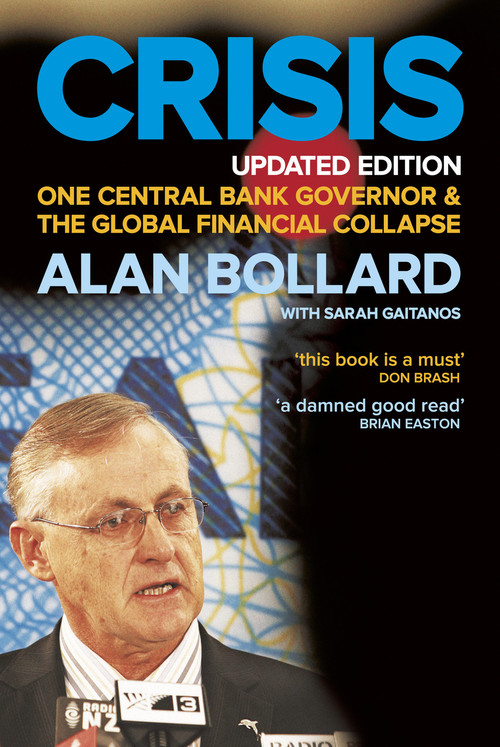
Psychology for a Better World: Working with People to Save the Planet (Revised and Updated Edition)
Niki Harré
What psychological research tells us about the best strategies for saving the planet
Can you save the planet and have some fun along the way? Aimed at the teacher who updates students on the latest climate change negotiations, the conservationist who works to protect endangered species, the office manager who buys fair-trade coffee or the city councillor who lobbies for cycle lanes, this book is a guide for everyone who is trying to create a more sustainable planet.
Psychology for a Better World explains how we can get others to join us. Based on the latest psychological research, Niki Harré shows which strategies work (drawing on positive emotions, role modelling and social identity), which don’t, and why. The book ends with a self-help guide for sustainability advocates that outlines how we can work for change at the personal, group and civic level.
This edition is fully revised and updated with new material on hope, sadness, worldview and climate change, behavioural contagion, moral foundations and more. The book is now accompanied by a free online manual with exercises to illustrate the key concepts and apply them to real world sustainability issues.
Author
Niki Harré is an associate professor of psychology at the University of Auckland. She is the author of numerous scholarly papers on community psychology, youth development and social change, as well as the books Psychology for a Better World: Working with People to Save the Planet and The Infinite Game: How to Live Well Together (both published by Auckland University Press, 2018).
Extract
Read an extract here
Reviews
If we approach life as an endless game with mini-games embedded within it, maybe it would liberate us to be braver, more imaginative, and more generous in our support for each other. - Niki Harré, SpinOff
This book walks the talk on truly wanting to help people use the information learned by psychology to create a better world. Harré has written a book that is freely distributed, well referenced, easily accessible and eminently useful. Take an empowering journey into psychology, read this book! - Kim Stewart, Friends of the Earth, Brisbane (Review of 2011 edition)
Harré manages to navigate the complexities of moral psychology with admirable ease and insightful purpose – balancing the objective of scientifically informed political advocacy with her own struggles to be the change she wants to see in the world. This book should inspire. - Thomas Suddendorf, Professor, University of Queensland, Australia (Review of 2011 edition)




